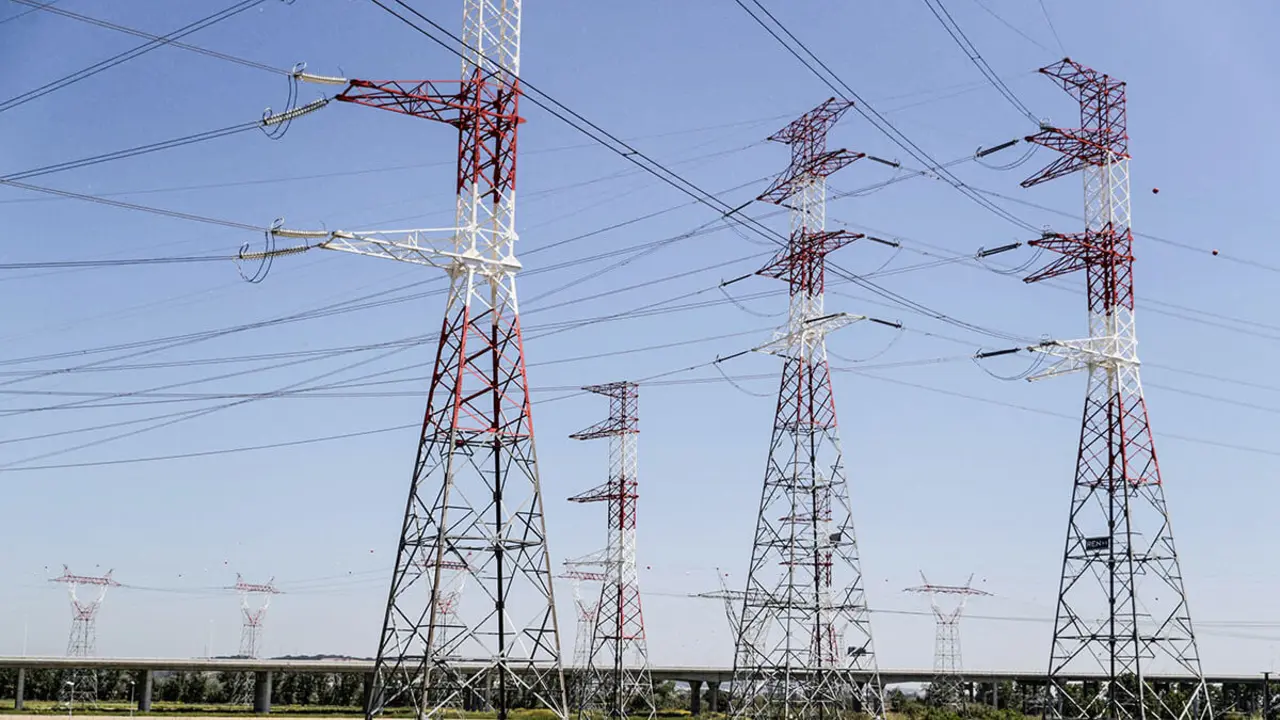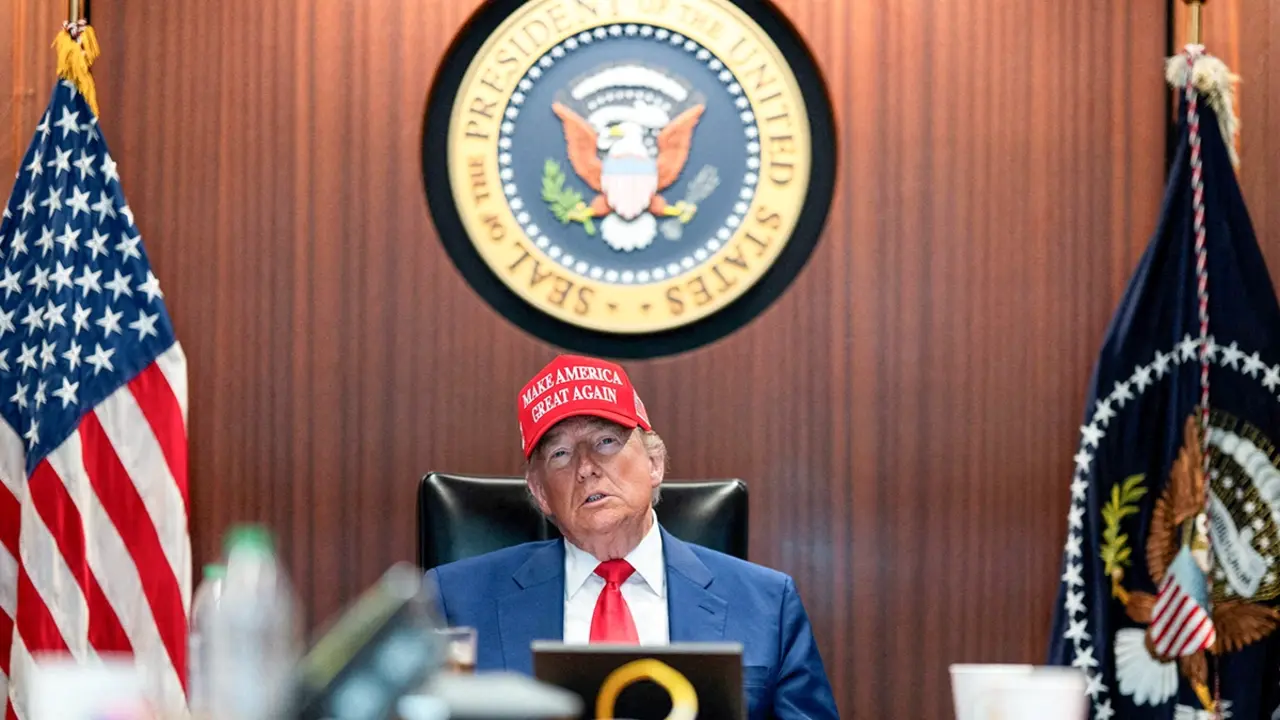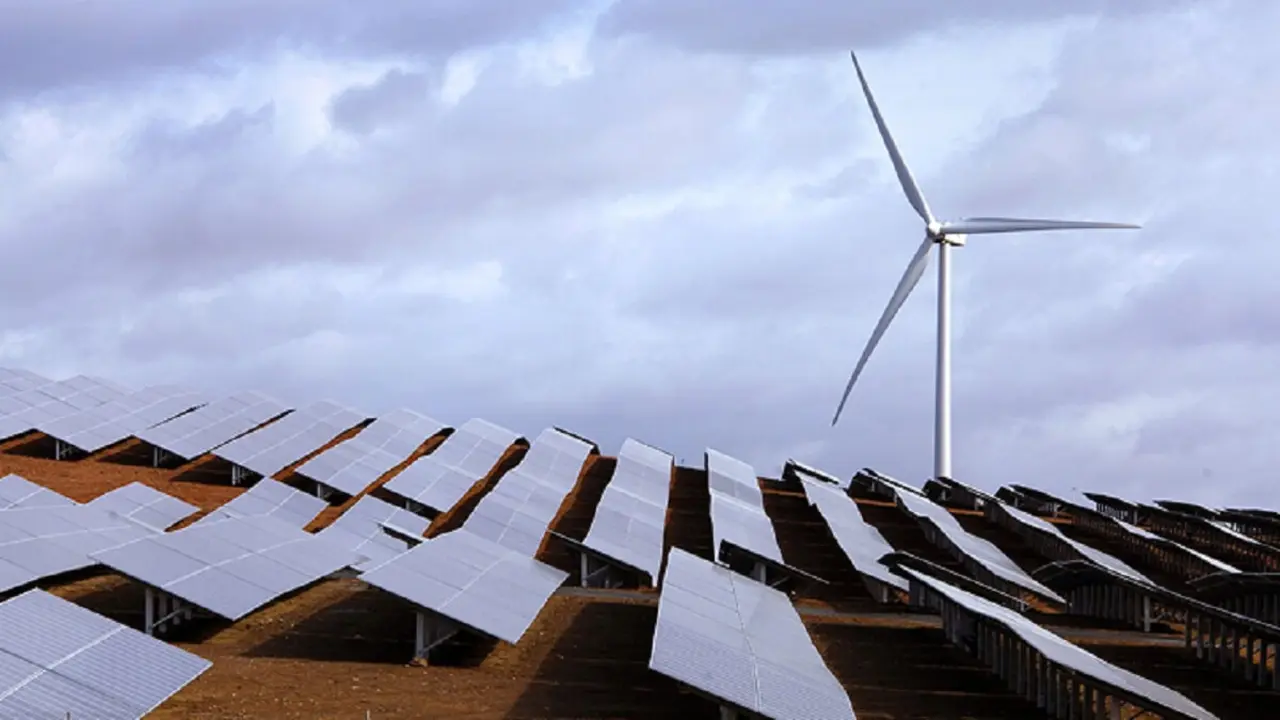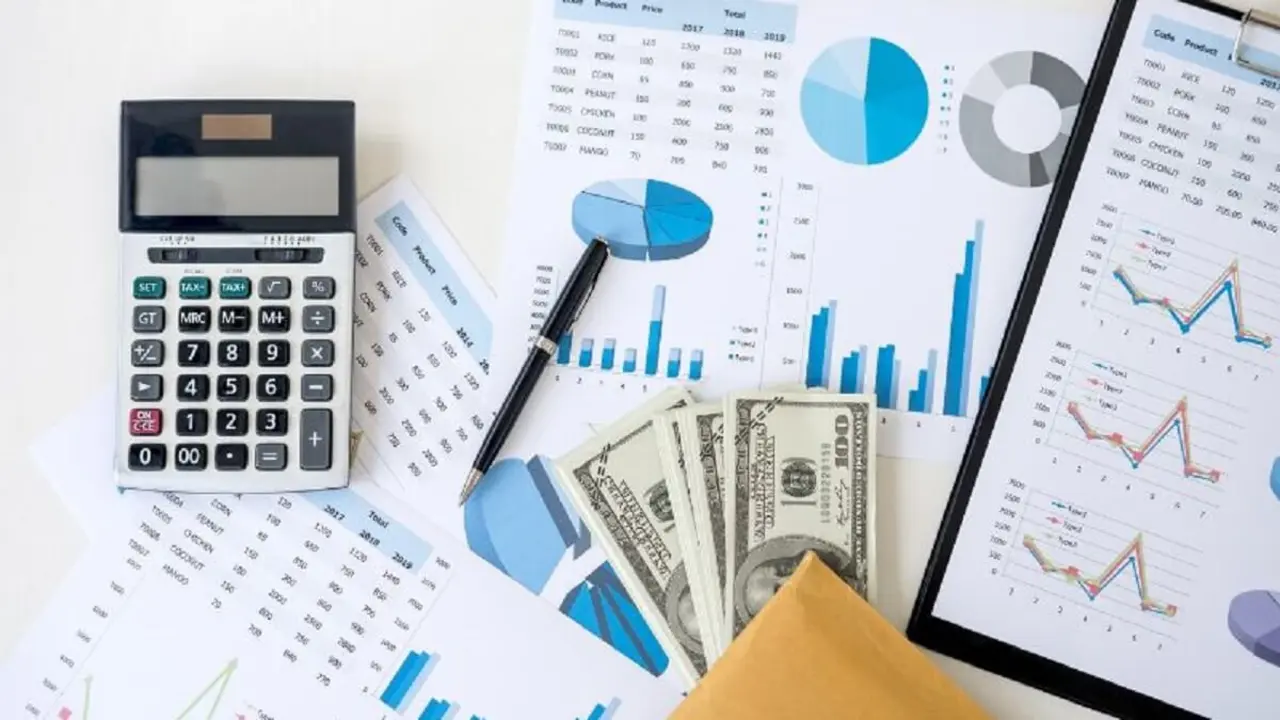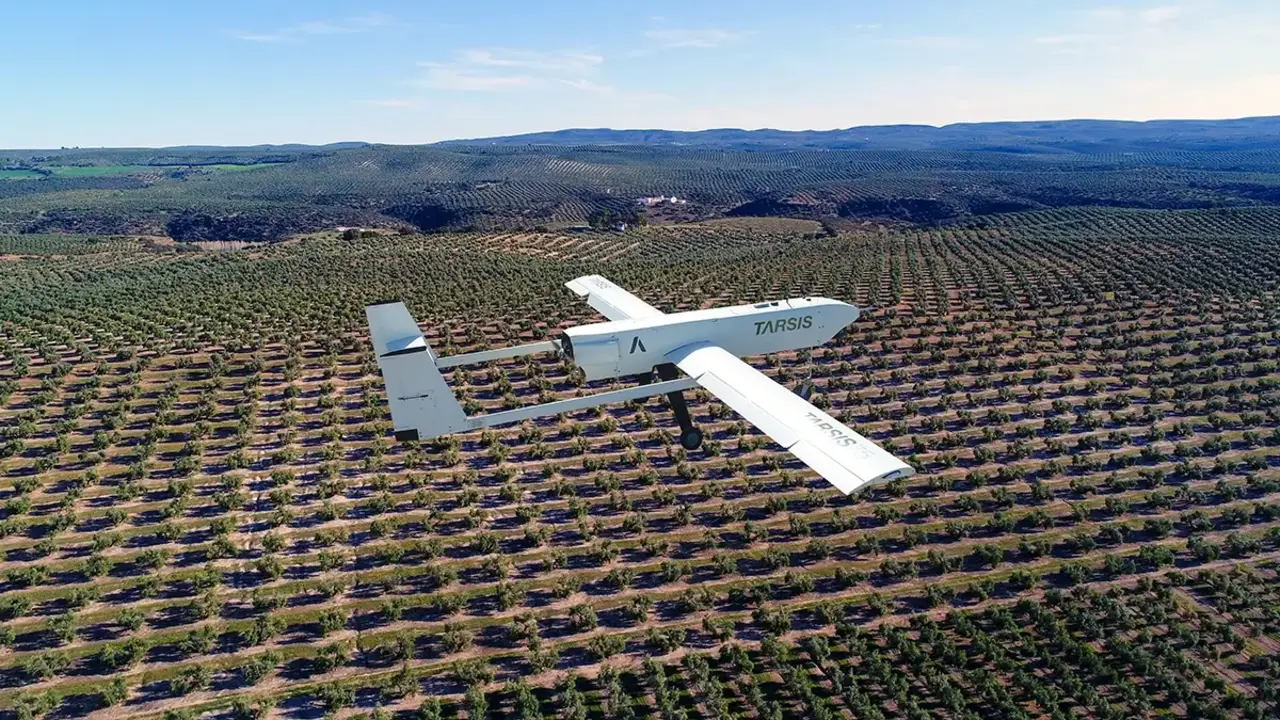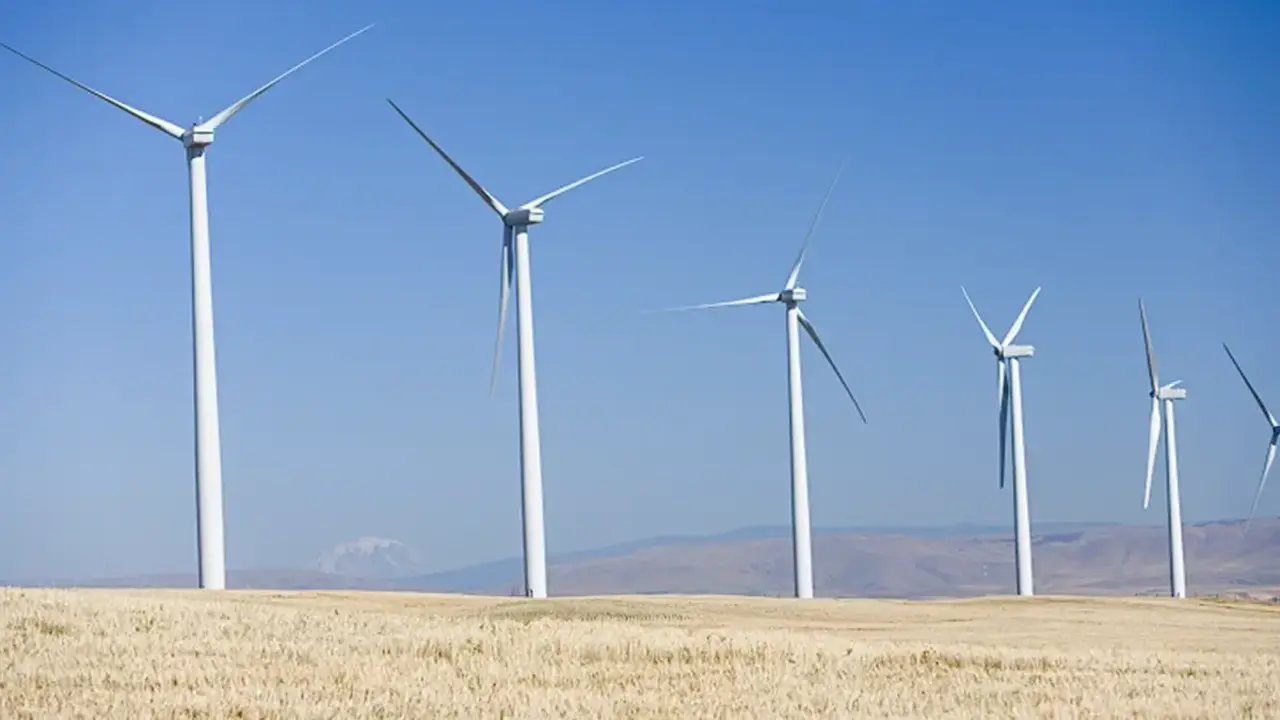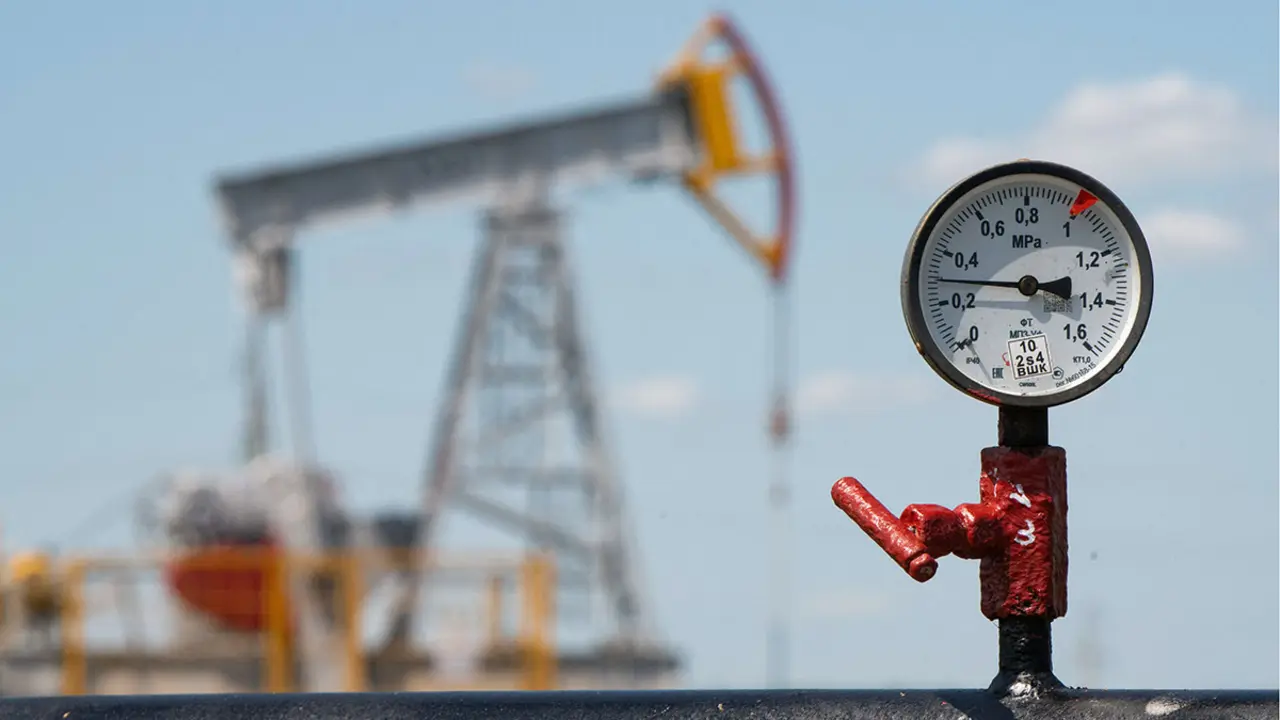International Monetary Fund warns of critical economic situation in Algeria

The International Monetary Fund has published a report on Algeria's economy for the year 2021. The economic entity presents a bleak situation for the North African country. The IMF expects Algeria's total public debt to reach more than 63%, compared to 53% last year.
According to the report, the IMF expects inflation in Algeria to reach around 6 per cent by 2021. The budget deficit is also estimated to be more than 18 per cent, compared to 12 per cent last year. Oil reserves in Algeria, a major oil producer and exporter, have declined in recent years. According to the economic portal Bloomberg, Algeria is experiencing a reduction in its oil exports. The African country sold 290,000 barrels per day abroad in January, 36% less than in December 2020. As domestic demand for the fuel has increased, Algiers is beginning to consider measures to transform Algeria into a non-oil country. Algiers is also considering a possible exit from the Organisation of Petroleum Exporting Countries (OPEC).

Algeria is also one of the main gas exporters in the region. For example, it is Spain's main supplier, although sales have fallen by 11.1% this year. Overall, Algerian exports abroad fell by around 30 per cent last year.
Faced with this serious financial situation, the Algerian government will have to devise new measures to boost its economy, an economy that is less dependent on oil. However, it will have its work cut out given the bleak IMF data. The United Nations Economic Commission for Africa (UNECA) has also assessed the country's situation. The UN agency has described Algeria's level of trade as "weak" compared to the rest of the region's economic community. The African country, despite its largely desert landscape, has a fertile northern part of the country where agriculture could be developed. However, the UNECA report notes that the agricultural sector accounts for 12.2 percent of Algeria's GNP.

Despite Algeria's geographical location and climate, tourism does not provide much income either. According to the World Tourism Organisation, earnings from this sector do not exceed 10 per cent of national GDP.
This critical economic picture affects the overall per capita income of Algerians. This has led to protests seeking to improve living conditions. Citizens have to cope with the high price of electricity, consumer goods and the depreciation of the local currency against foreign currencies.
To address these social demands, the Algerian government has proposed raising the minimum wage. However, the country's trade unions have argued that this measure cannot provide solutions to the tense situation facing the country. Not only is there a disagreement between the unions and the government, but there are also disagreements among workers' associations. The General Union of Algerian Workers, the country's main organisation, has stated that, to achieve a decent living, the income of an Algerian family should be around 350 dollars. On the other hand, other independent unions have stated that incomes should not fall below $600. Otherwise, they warn, families will fall into poverty.

While a large part of society is living in poverty, other citizens working in certain sectors such as banking or the oil industry have a salary of more than 10,000 dollars. This income is comparable to the $200 earned by employees in the agricultural, construction or civil defence sectors.
Recently, members of the Civil Protection and firefighters have been protesting in the capital to demand better work, as well as recognition for their efforts. These workers are the ones who have to deal with the coronavirus pandemic, which has already infected more than 122,000 Algerians.

This economic gap is leading to the disappearance of the middle class, as sociologist Nasser Jabi points out. "The imbalances in the distribution of wealth in the country in recent years are moving towards the dissolution of the middle class", Jabi says. These differences also create a limited class of rich and a large class of poor. For the sociologist, this problem is "a reflection of the economic and social policies of successive Algerian governments".

